At the closing session of the extraordinary session on the morning of January 18, National Assembly deputies will vote to pass two bills on the revised Land Law and the revised Credit Institutions Law.
After the National Assembly agreed not to pass it at the 6th session at the end of 2023, the draft revised Land Law was accepted and revised, currently having 16 chapters, 260 articles, 5 articles removed, 250 articles amended and supplemented compared to the draft submitted at the 6th session.
The National Assembly Standing Committee said that the reception, revision and completion of the draft Law has been institutionalized in the spirit of Resolution 18 of the Central Committee; complied with the Constitution; and consistent with newly amended and promulgated Laws. The draft Law creates a synchronous legal basis, avoiding conflicts in the implementation process.
Regarding the conditions for receiving the transfer of rice-growing land to non-agricultural workers (Article 45), some opinions propose to stipulate that an economic organization must be established and there must be a plan for using rice-growing land when an individual who is not directly involved in agricultural production receives the transfer of rice-growing land exceeding the limit.
Taking into account the opinions, the National Assembly Standing Committee agreed to regulate in this direction and set the limit for provinces and centrally-run cities in the Southeast region and the Mekong Delta at 3 hectares; other regions at 2 hectares. The competent authority is responsible for managing and preventing the destruction of rice-growing land; strictly controlling the conversion of land use purposes; and controlling data to ensure that the transfer is within the limit.
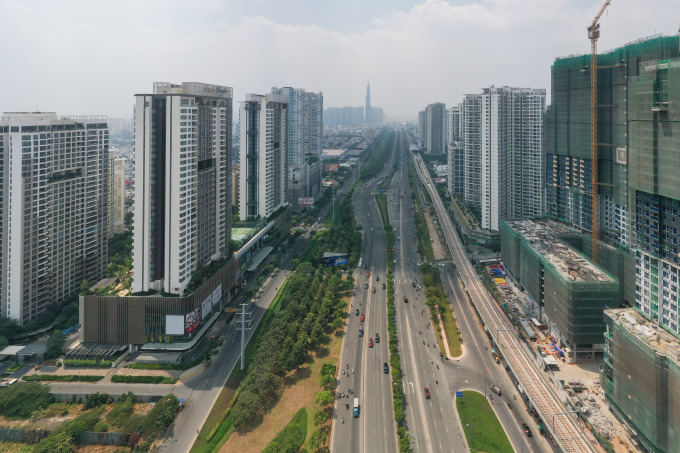
Apartment buildings and high-rise buildings along Hanoi Highway and Metro Line 1, February 2023. Photo: Quynh Tran
Regarding land acquisition for commercial housing projects and mixed-use projects, some delegates suggested that when acquiring land, there must be a policy to ensure the harmony of interests between investors and those whose land is acquired. Some opinions suggested additional provisions on land acquisition for urban area projects to create synchronization in infrastructure and urban appearance.
Incorporating this content, the draft Law stipulates that land will only be recovered to implement commercial housing projects, mixed housing, commercial and service projects when they are "projects".
"Urban area construction investment". These projects have mixed functions, synchronizing technical infrastructure, social infrastructure with housing according to the provisions of the law on construction.
For land types used for commercial housing projects through agreements on land use rights, there are opinions suggesting to keep the 2014 Housing Law, allowing no distinction between land types when implementing commercial housing projects. When changing the purpose from existing land types to commercial housing, investors must fully fulfill their financial obligations to the State, avoiding loss of revenue due to land rent differences.
Based on these opinions, the draft stipulates that commercial housing projects can only be implemented through agreements on receiving land use rights for residential land; in cases where land use rights are available, commercial housing projects can only be implemented if it is residential land or residential land and other land (agricultural land, non-agricultural land).
Regarding the issuance of a Certificate of Land Use for land without documents, without violating land laws, and not in cases where land was allocated without proper authority, some opinions agreed to amend the regulation to consider recognition before July 1, 2014 - 10 years longer than the current Law.
The National Assembly Standing Committee agreed with this content to fundamentally resolve the problem and proposed that the Government have mechanisms and policies to support the issuance of Certificates to households and individuals using land without documents, contributing to improving the effectiveness of state management of land.
Also at the closing session, the National Assembly considered and approved the draft Resolution on a number of specific mechanisms and policies to remove difficulties and obstacles, speed up the implementation of national target programs; Resolution on supplementing the Medium-term Public Investment Plan of the central budget for the period 2021-2025 from the general reserve source corresponding to the increased revenue of the central budget in 2022 for public investment tasks and projects and supplementing the Medium-term Public Investment Plan for Vietnam Electricity Group from the reserve source of the Medium-term Public Investment Plan and the Resolution of the Extraordinary Session.
Source link


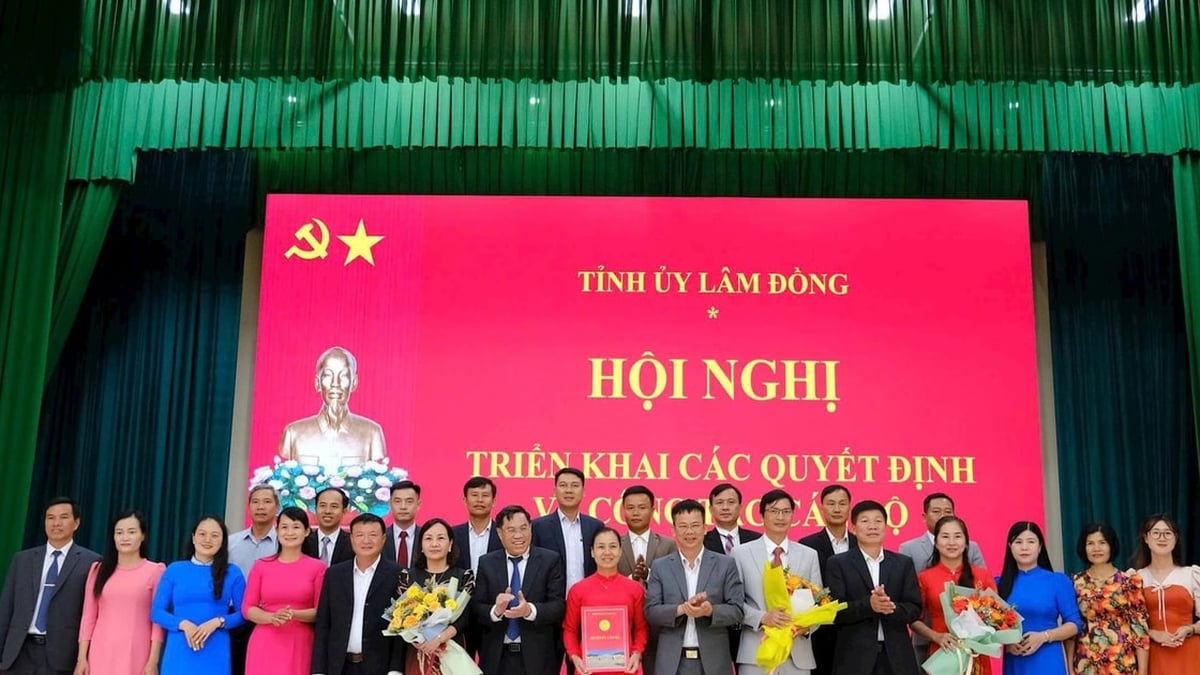

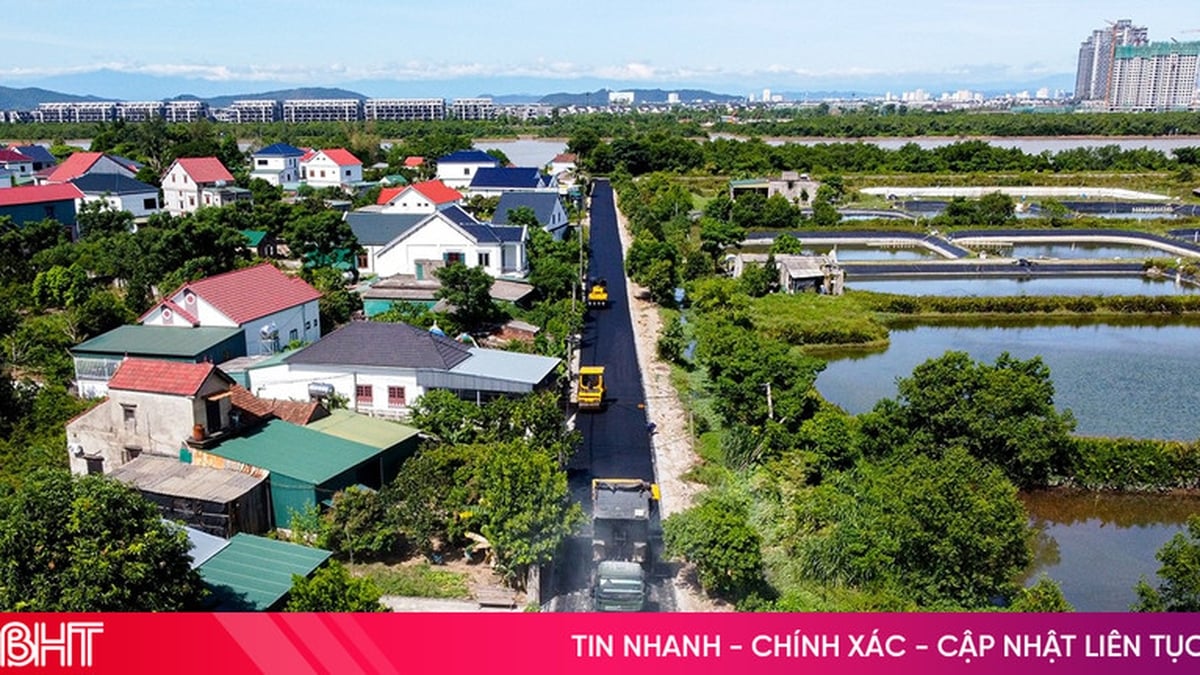

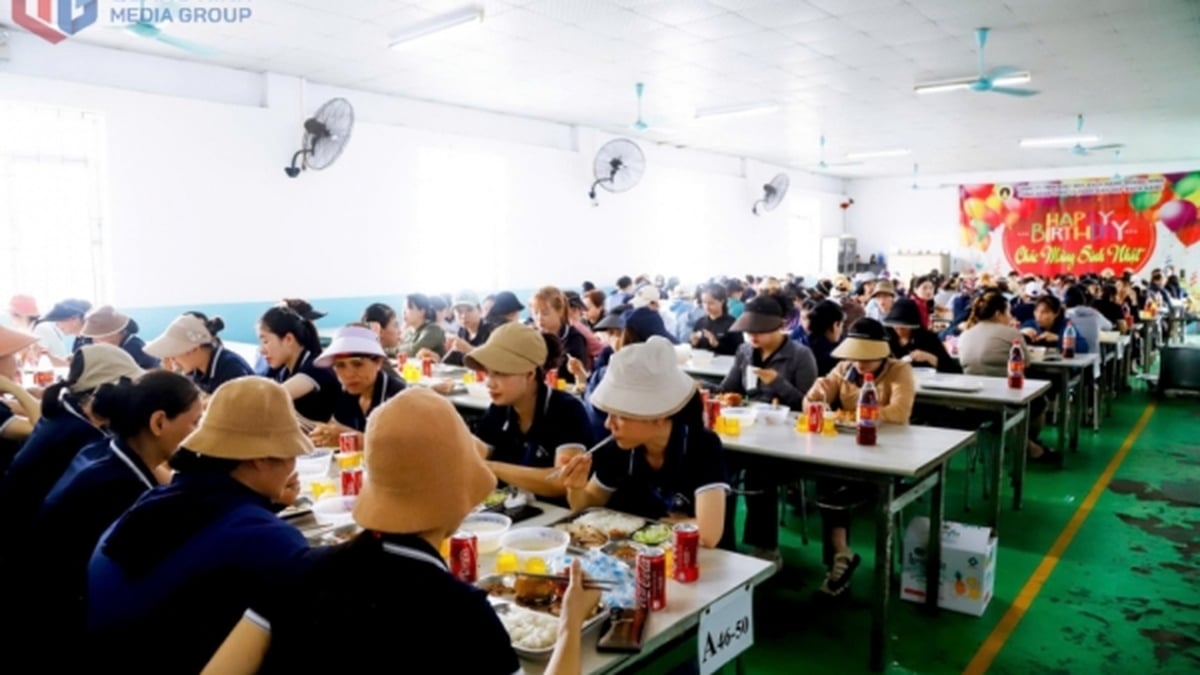
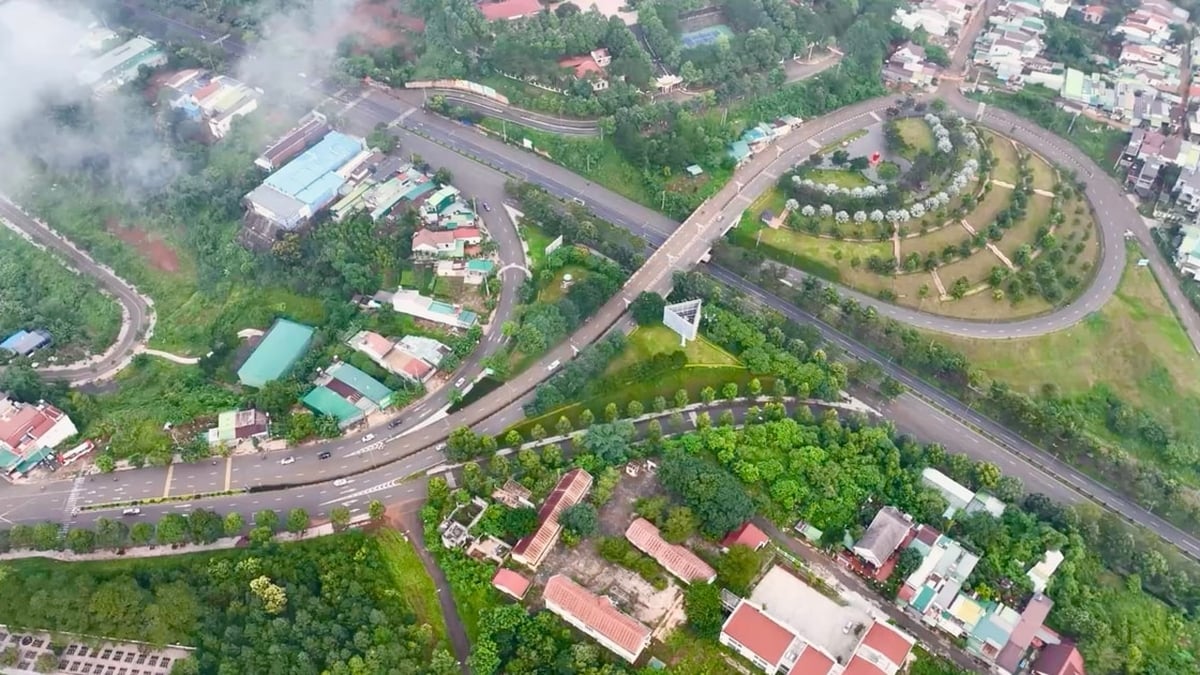
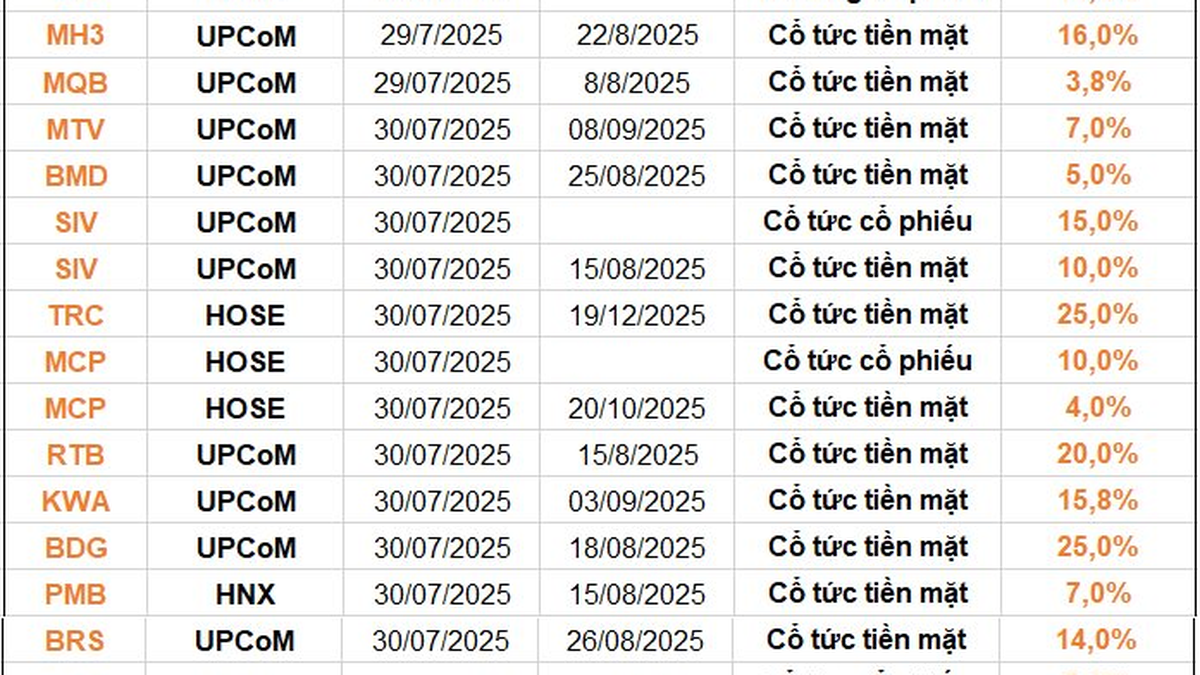
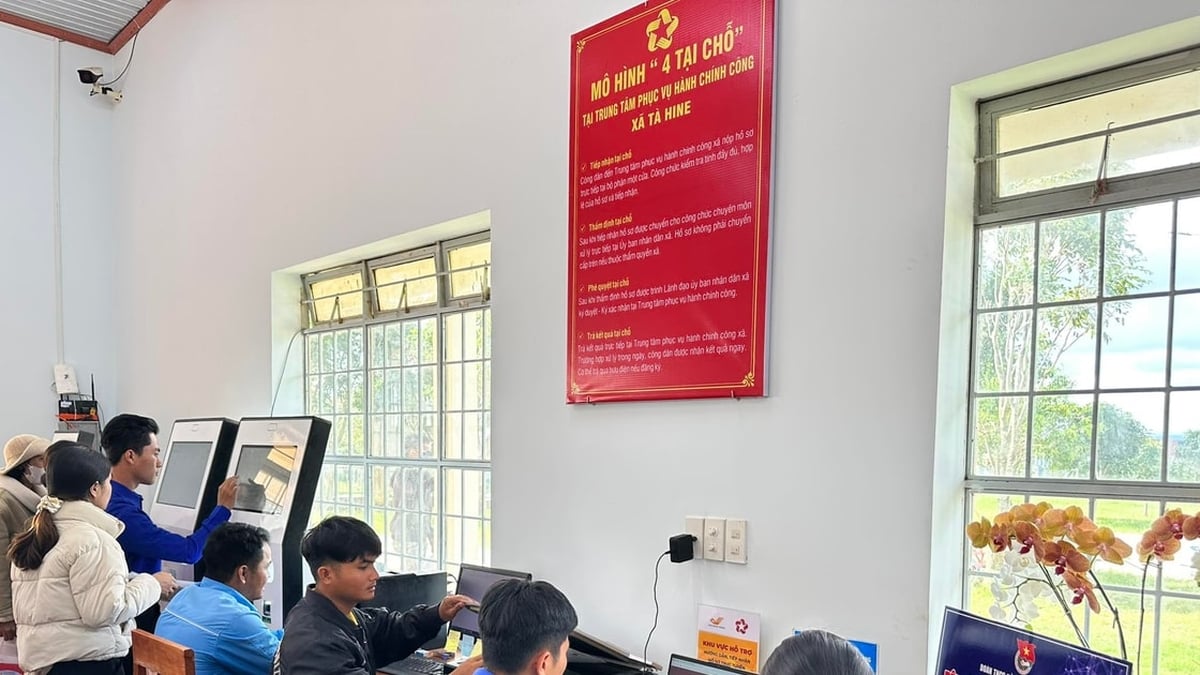
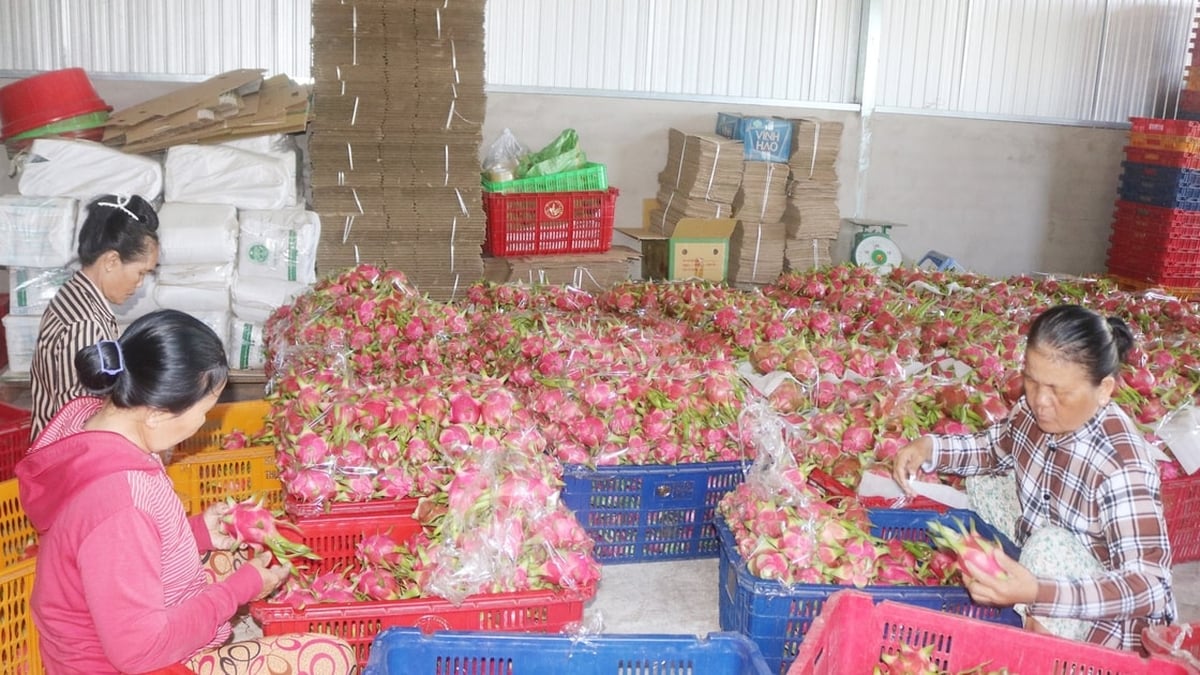
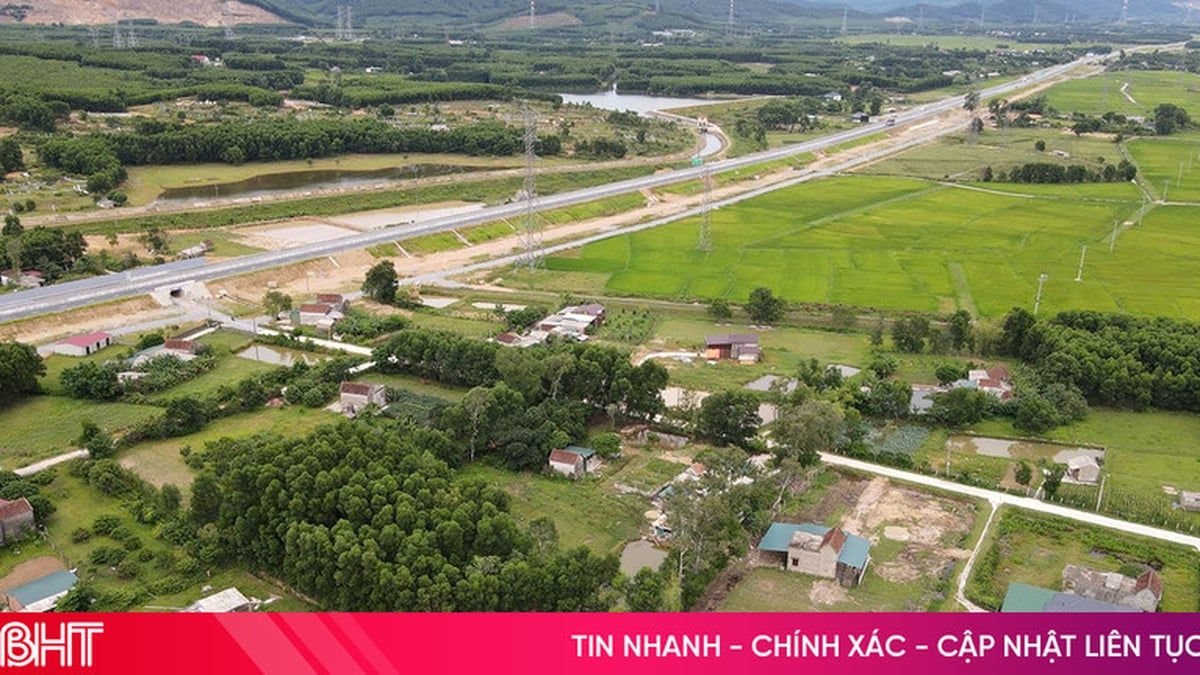























































































Comment (0)